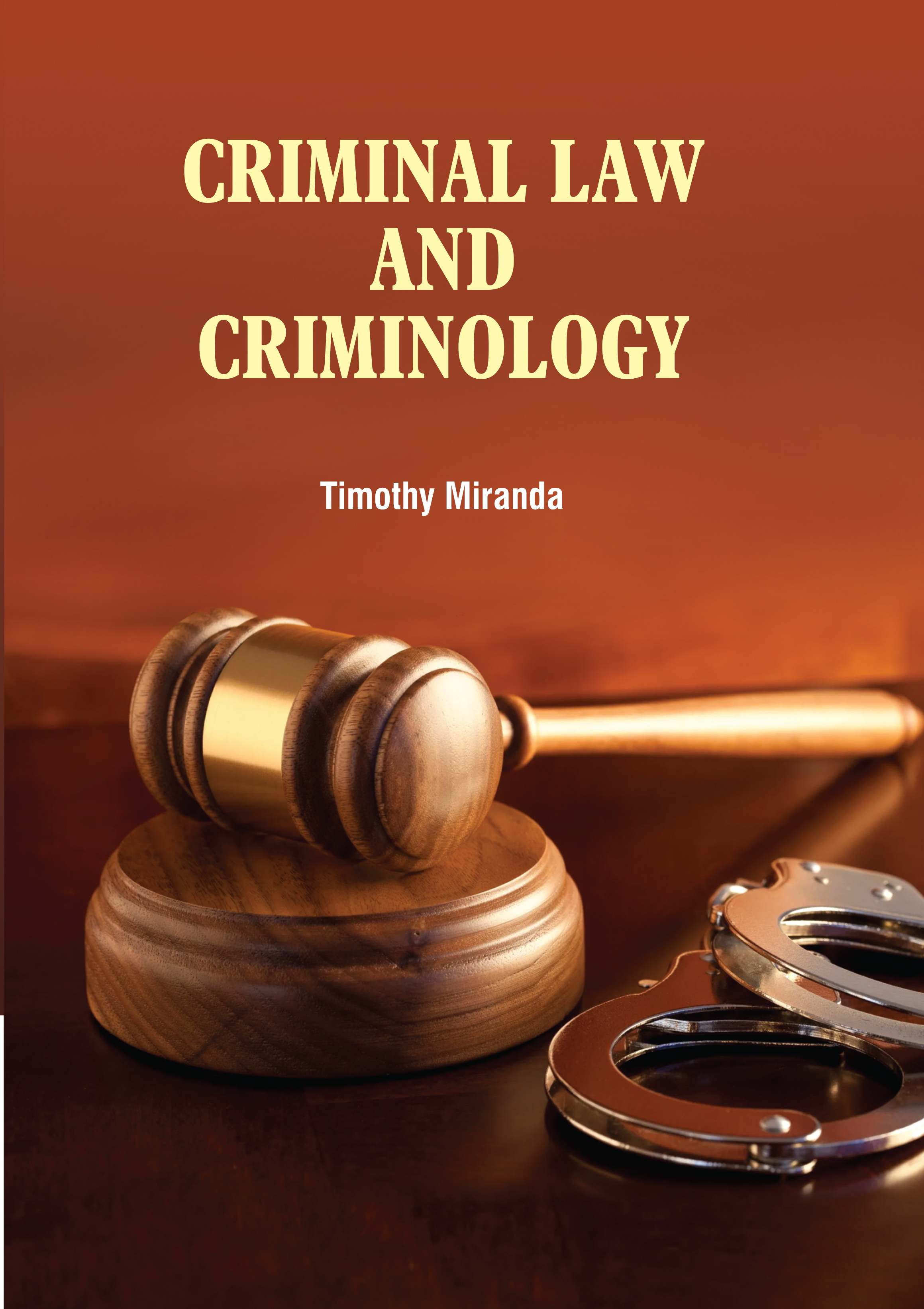
Criminal Law and Criminology
by Timothy Miranda
| ISBN | 9789372425697 |
|---|---|
| Publisher | Digital Drive Learning |
| Copyright Year | 2026 |
| Price | $259.00 |

by Timothy Miranda
| ISBN | 9789372425697 |
|---|---|
| Publisher | Digital Drive Learning |
| Copyright Year | 2026 |
| Price | $259.00 |
Criminal law, or penal law, is the body of rules that defines conduct that is prohibited by the state because it is held to threaten, harm or otherwise endanger the safety and welfare of the public, and that sets out the punishment to be imposed on those who breach these laws. Criminal law is enforced by the state, unlike the civil law which may be enforced by private parties. Many laws are enforced by threat of criminal punishment, and their particulars may vary widely from place to place. The entire universe of criminal law is too vast to intelligently catalogue. Nevertheless, the following are some of the more known aspects of the criminal law. Criminology is the scientific study of the nature, extent, causes, and control of criminal behaviour in both the individual and in society. Criminology is an interdisciplinary field in the behavioural sciences, drawing especially upon the research of sociologists (particularly in the sociology of deviance) and social anthropologists as well as on writings in law. Criminology involves the study of causes of crime, related statistics, criminal behaviour, Sociology of Law, penology, evaluation of criminal justice agencies, prevention of crime and several other related areas by a socio-scientific approach. As the number of crimes increasingly diverse in nature rises in India and continues to baffle the government, policing agencies as well as the common men, its study is being largely given emphasis these days. In criminology, the rational choice theory adopts a utilitarian belief that man is a reasoning actor who weighs means and ends, costs and benefits, and makes a rational choice. This book explores the actual practice of criminal law and forms of murder in contemporary societies. It aims to fill these gaps in our understanding of criminal law in practice.